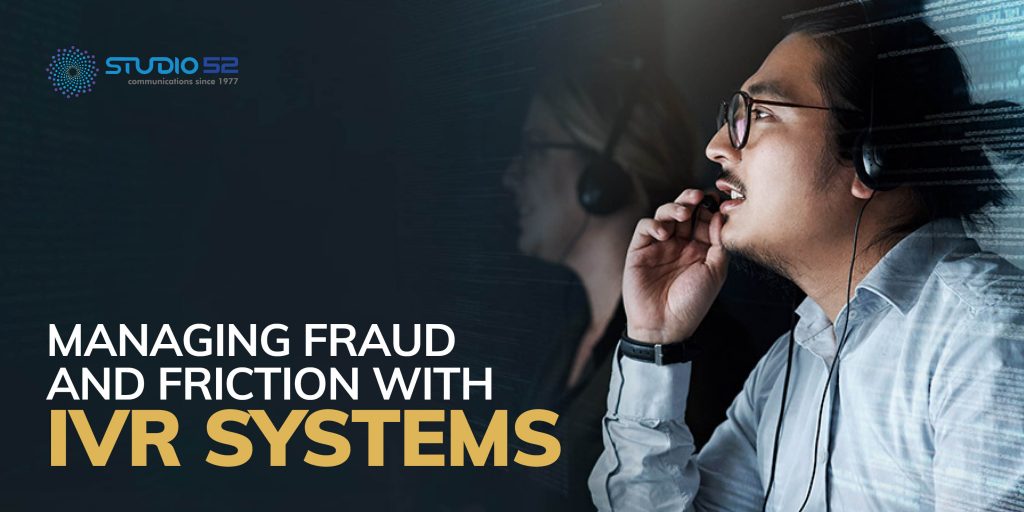One of the banes to digital technology adoption in the retail banking sector is fraud. We are all aware of the growing trends of hacking and how people risk losing their money. Banks have taken several security measures to make our accounts digital safe and immune to hackers’ attacks. Many technologies up gradation and integration are continuously happening to make our experiences with banks seamless and secure.
We will discuss some standard measures taken by banks to encounter fraud and friction with IVR systems here.
Table of Content
1. Reducing Customer Friction
By friction, we mean “customer friction”.Customer friction results when customer experience is adversely affected while purchasing a product, successfully using it, or deriving value.
Contrary to friction, the polar opposite is seamless.
Banks want to provide smooth, seamless experiences to their customers. Friction-free banking results in better brand image, longevity, profitability, and loyalty for banks.
So banks strive to provide seamless customer experiences during the opening of an account, paying bills online, phone banking transactions, identity verification, or calling the bank’s customer care number to get answers to any queries.
IVR facilitates all these everyday customer experiences and help banks to acquire happy customers.
2. Integrating IVR and Biometrics to challenge fraud
The user identification method in banks is vulnerable to account fraud. Due to advancements in technology, obtaining a card number and password is easy for fraudsters. As a result, the exposure to theft and outright theft for banks has gone up significantly.
Encountering this menace is challenging but not impossible. Banks are integrating biometric systems with IVR to create fraud-proof designs.
Also Read- Experiential Marketing with IVR in the hotel industry
3. IVR with Biometrics for secure banking transactions
Integrating biometrics with IVR is the answer to the double threat of friction and fraud that threatens the retail banking sector. This results in reducing friction, provide better customer service, successfully identify bonafide customers, increase the speed of banking transactions, lessens the threat of fraud, and finally improve the IVR-aided account verification process. Successful technology integration like combining artificial intelligence and machine learning to verify customer’s faces and combining it with IVR systems to secure transactions is a revolutionary step in the retail banking sector.
If you want to know more about IVR in the banking sector, visit https://studio52.tv/audio/ivr-recording






